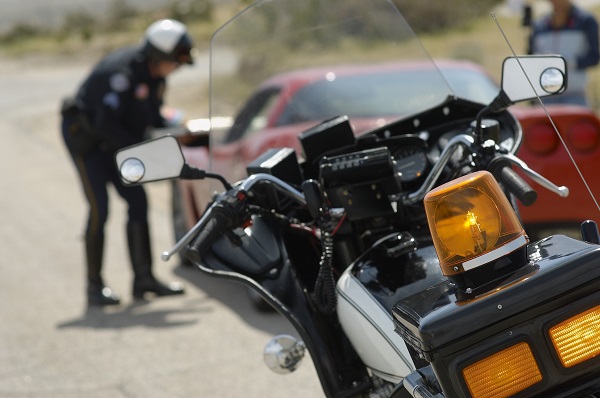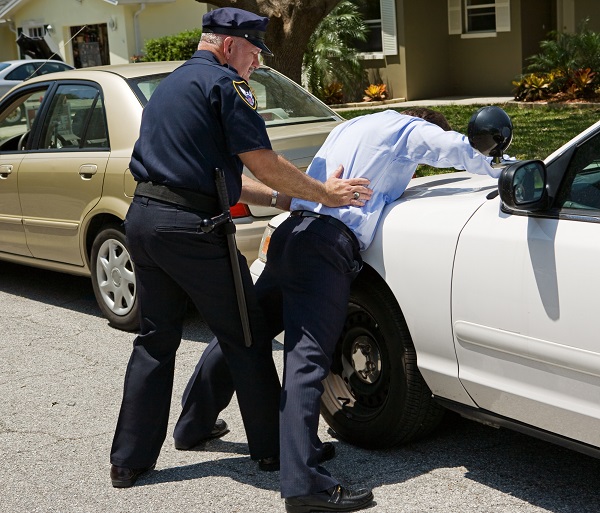The Bottom Line on the Miranda Warning
While many Oklahomans have heard of the Miranda warning, not all realize its purpose, meaning, and implications for a criminal case. What Is the Purpose of the Miranda Warning? The Miranda warning alerts people who are being held in custodial interrogation by the police of their rights, including: The right to remain silent, The right to consult with an attorney and have the attorney present during police questioning, and The right to have an attorney appointed if you are unable to pay for one. What Is the Meaning of the Miranda Warning? In theory, the Miranda warning is supposed to prevent a situation when...
Continue reading



